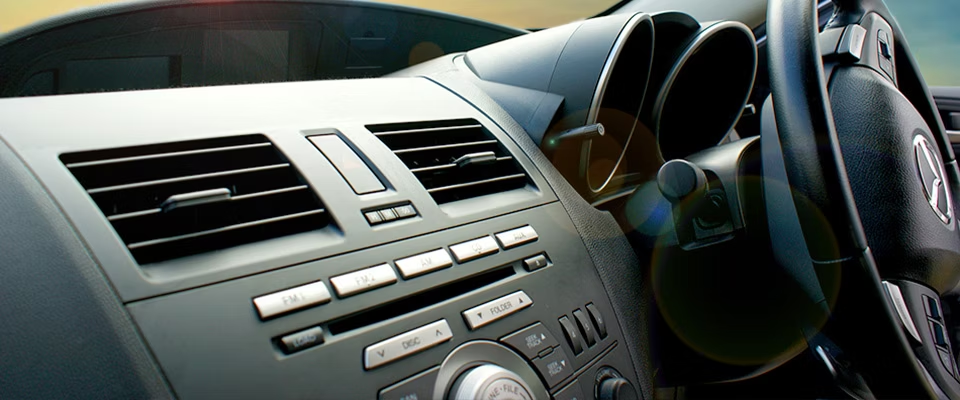
The Next Generation of Braking Technology has Arrived!
Discover advanced Repco RCT brake pads at Temby Auto Service in Eltham. Enjoy quiet, dust-free performance, expert fitting, and a Nationwide Warranty for your peace of mind.
Read moreReplacing our brake pads before they wear below 4mm is vital for your own safety and others on the road. It can also end up being a lot more expensive if you don't and they wear down too thin, as it can cause damage to the other components that rub up against like the brake caliper and rotor. If these need to be rebuilt, it can cost thousands of dollars.
It can also end up being very expensive if you don't and the pads wear down too thin, as it can cause damage to the other components that rub up against like the brake caliper and rotor. If these need to be rebuilt, it can cost thousands of dollars.

Luckily, there are some clear tell tale signs to indicate that our brake pads need replacing. Before we dive into these signs, let's first get a quick understanding of how our brakes work and what causes the brake pads to wear down.
When we apply our brakes, the brake calipers push down on the brake pads which push against the wall of the rotor (the rotor is the large shiny circle in the image below). This causes friction which allows our car to stop smoothly but overtime will also wear down our brake pads. Signs you might need new brake pads include;
If you begin to hear scraping or squealing noises when applying the brakes it is likely your brake pads need replacing. Squealing noises can be caused by other factors, such as the caliper being loose but the most common cause is worn brake pads. The same goes for scraping noises which can sometimes be the result of loose brake pads, but the most common reason is that the brake pads have worn down completely to the metal plate. This is when things start getting expensive as the rotors may also need to be repaired or replaced.
If our car is taking longer than usual to pull up to a stop once we apply the brakes it is likely new brake pads are needed. This should be quite an easy sign to spot but also a dangerous one if we don't get it fixed immediately.
If your car seems like it has a mind of its own by pulling to one side of the road, this could indicate worn brake pads or other repair issues like your wheel alignment being off. It is quite easy to spot what the particular repair issue might be. If your car pulls to one side of the road when the brakes are applied, without you turning the steering wheel , it is likely that your brake pads are wearing unevenly and need replacing. When your car is pulling to one side whilst you are accelerating or just driving without applying the brakes, it is often another repair issue.
If you press your brake pedal and it vibrates or pulsates it is another clear indicator that you need new brake pads. The vibration is caused by worn out brakes or brake pads that have been warped due to heat. In this instance, sometimes the brake pads can be re-machined to fix the problem, otherwise they will need to be replaced entirely.
If you are experiencing any of the above signs it is important to take your car into a mechanic you can trust as soon as possible.


Discover advanced Repco RCT brake pads at Temby Auto Service in Eltham. Enjoy quiet, dust-free performance, expert fitting, and a Nationwide Warranty for your peace of mind.
Read more
Keep your cool without global warming, have your AC service professionally performed to protect our environment.
Read more
Learn why brake fluid is essential for your vehicle’s safety, how it works, and why regular maintenance by Temby Auto Service is crucial for optimal braking performance and to prevent costly repairs.
Read more